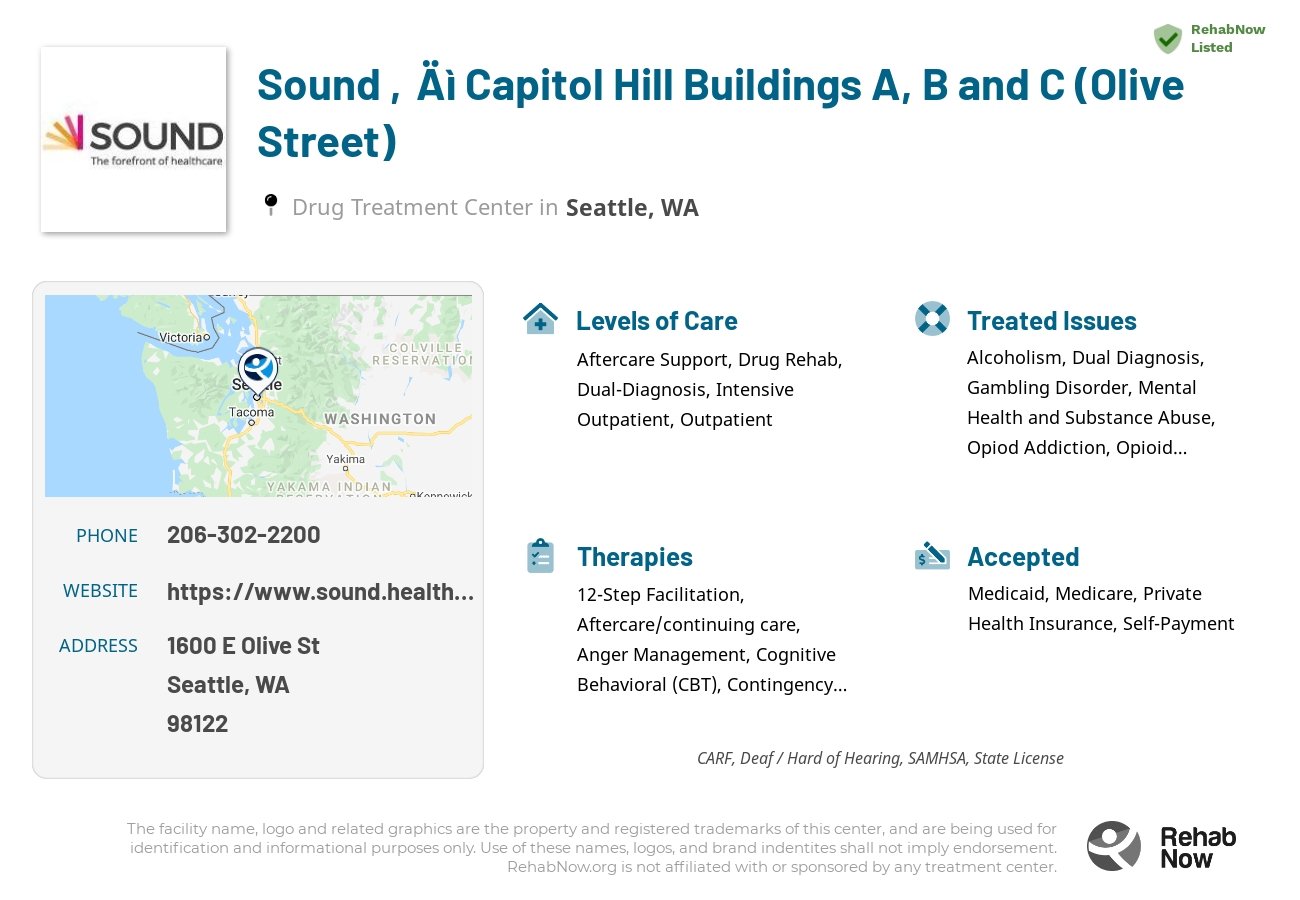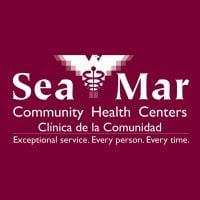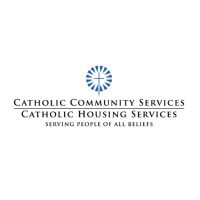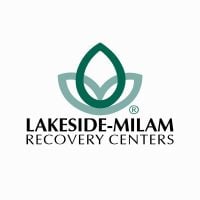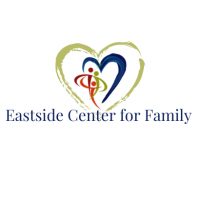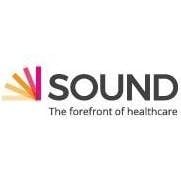Sound – Capitol Hill Buildings A, B and C (Olive Street)
Drug Rehab Center in Seattle, Washington
Capitol Hill Buildings A, B, and C in Seattle, WA provide evidence-based treatments for substance abuse and mental health, including therapy, support, and a range of specialized programs, with a focus on individualized care and adaptability to patient needs.
About This Washington Facility
Sound - Capitol Hill Buildings A, B and C in Seattle, Washington, provides comprehensive mental health and addiction treatment services. Established in 1966, their primary focus is supporting vulnerable populations through an evidence-based clinical care model called Reaching Recovery.
Sound aims to strengthen the community by delivering excellent health and human services tailored to meet individual needs. Their team of compassionate professionals adapts treatment plans for each client.
Accredited by CARF, SAMHSA, and state licensure, Sound offers evidence-based therapies like 12-Step Facilitation, Dialectical Behavioral Therapy, Group Therapy, Experiential Therapy, and Dual-Diagnosis care. Services may include:
- Detox and Crisis Support
- Family Therapy and Relapse Prevention
- Medication-Assisted Treatment and Telehealth
Sound specializes in treating substance abuse disorders such as drug, alcohol, opioid, and gambling addictions. They also address co-occurring mental health conditions.
For example, an individual struggling with opioid addiction and depression could receive comprehensive care at Sound. Their treatment may involve medication-assisted therapy, counseling, relapse prevention planning, and support for managing depressive symptoms - all tailored to their unique situation.
Genders
Ages
Modality
Additional
Accreditations
State License
SAMHSA

CARF
The Commission on Accreditation of Rehabilitation Facilities (CARF) is a non-profit organization that specifically accredits rehab organizations. Founded in 1966, CARF's, mission is to help service providers like rehab facilities maintain high standards of care.
Conditions and Issues Treated
Substance abuse typically leads to addiction, which requires specialized treatment programs at Sound – Capitol Hill Buildings A, B and C (Olive Street) to address. Many people benefit from inpatient drug rehabilitation, which includes inpatient acute care and residential rehabilitation. Other levels of care include intensive outpatient therapy, individual counseling, and support groups. Family therapy is also an essential part of treatment for substance abuse.
A combination of treatments is often needed to treat drug abuse issues effectively. In the case of drug abuse, there is no easy answer or one-size-fits-all cure.
Opioid addiction treatment helps people addicted to opioids in Washington curb their drug use. The selection of a treatment setting depends on the severity of the addiction. Mild cases are usually treated in outpatient facilities; severe cases need hospitalization or treatment in a residential facility. Doctors use medicines along with counseling and behavioral therapies to treat the addiction. The treatment includes medication, counseling and therapy. It can also include group counseling, individual counseling and family counseling.
People with dual diagnosis have coexisting addiction and a mental disorder. 9.2 million US adults had a co-occurring disorder in 2018, so not just limited to Washington residents. Best treatment combines medication, psychotherapy (talk therapy), support group, and inpatient rehabilitation. Sometimes, complementary therapies – yoga, massage, and acupuncture – may also be used.
Levels of Care Offered at Sound – Capitol Hill Buildings A, B and C (Olive Street)
This center offers a variety of custom treatment tailored to individual recovery. Currently available are Aftercare Support, Detox, Drug Rehab, Dual-Diagnosis, Intensive Outpatient, Outpatient, with additional therapies available as listed below.
Detox is the stage of recovery where the drugs or alcohol are entirely removed from your body. There are two different ways to detox, with medications and without. For many drugs and alcohol, the acute phase of detox can be completed in a number of days.
Sound – Capitol Hill Buildings A, B and C (Olive Street) offers an Intensive Outpatient Program is for those who need intensive care but prefer to spend the majority of their time in the comfort of their own home. The rehabilitation services differ in length and intensity. They are customized to meet the needs of the patient.
Outpatient treatment plans cover diagnosis, detoxification, management, and counseling. They are a popular option for those who have graduated from inpatient facilities. Services in Washington include medication-assisted treatment (MAT) and individual and group therapy.
After treatment, addiction treatment can be frightening for newly sober people. Aftercare support provided by Sound – Capitol Hill Buildings A, B and C (Olive Street) is designed to give resources and help on a continued basis. It can involve finding housing in and around Washington, setting up 12-step meeting groups, continued medical monitoring, and counseling.
Therapies & Programs
Couples therapy aims to rebuild the trust between the partners. Partner’s involvement in the process will result in greater chances of treatment success. Couples therapy addresses financial issues, loss of trust, lack of intimacy, and physical abuse.
Family therapy is a set of therapeutic approaches that assumes that the entire family is a system. It utilizes the strengths and resources of the family to help the patient refrain from resorting to substance abuse. The impact of substance abuse is not just on the patient but on the entire family. Family therapy ensures that the patient gets adequate support from the family members after the treatment making the recovery process sustainable
- Family therapy guides all the members of the family to help the patient.
- It helps to repair relationships and improve communication between family members.
- It helps to keep the patient engaged and motivated throughout the treatment.
Group therapy is an important tool in recovery. Finding a peer group in Seattle, WA and others who relate to your situation is a fundamental tool for recovery at Sound – Capitol Hill Buildings A, B and C (Olive Street). Addiction tends to lead to isolation and feelings of uniqueness. The accountability and friendship that is found in group therapy can be more effective than any single other treatment approach. This is generally introduced early in recovery and is recommended as a lifetime treatment habit.
Trauma therapy is a way of addressing trauma while in a safe situation in order to heal. This may involve Sound – Capitol Hill Buildings A, B and C (Olive Street) managing individual or group counseling or both. Other forms of therapy have been proven to assist in healing past traumas.
A type of cognitive-behavioral therapy is Dialectical Behavioral Therapy. It is intended for those who are vulnerable to self-harm and suicidal thoughts. Sound – Capitol Hill Buildings A, B and C (Olive Street) aims to help patients understand the connection between their feelings, emotions, and behaviors and provide them with the tools to make a difference in Seattle, WA. For those whose addictions and habits originate from severe mental health problems, it is beneficial.
Negative feelings are common in substance abuse disorders. If not recognized, they can cause co-occurring disorders. CBT involves strategies that help to change the thinking and behavioral pattern. It can be administered as a monotherapy as well as a part of combination therapy.
The first three steps depend on the patient, so they are more specific and situational. The succeeding four steps center on practical issues brought on by substance abuse. Steps 8 and 9 deal with the social and emotional repercussions of addiction, encouraging patients to make amends to people they have wronged. These are followed by two steps revolving around the further exploration and reinforcement of Steps 1 to 9.
The last step requires an individual to extend a helping hand to people who are still in the early stages of their recovery.
Patient Experience
Experiential Therapy at Sound – Capitol Hill Buildings A, B and C (Olive Street)
Experiential therapy works by using tools and activities to recreate past experiences. Role-playing, arts and crafts, music, animal care, rock climbing, etc. are some of the activities used in this therapy. It is different from medication and talk therapy and suits those who have difficulty expressing themselves.
Payment Options Accepted
For specific insurance or payment methods please contact us.
Is your insurance accepted?
Ask an expert, call (888) 674-0062
Additional Details
Specifics, location, and helpful extra information.
Seattle, Washington 98122 Phone Number(206) 302-2200 Meta DetailsUpdated April 15, 2024
Staff Verified
What else do people call Sound – Capitol Hill Buildings A, B and C (Olive Street)?
People have occasionally also searched for “Sound - Capitol Hill in Washington”
Patient Reviews
There are no reviews yet. Be the first one to write one.
Seattle, Washington Addiction Information
Washington's substance use, abuse, and addiction rates have followed the trends of the rest of the over the past years. Methamphetamine abuse is the biggest threat to Washington. Heroin-related overdoses increased by almost 450% from 2006 to 2016. 20% of all annual deaths in Washington are somehow drug and/or alcohol-related. Drugs are widely abused in Washington because they are easily trafficked in and out of the state.
In Seattle, Washington, drug addiction is a big problem. In 2016, there were nearly 500 drug overdose deaths in Seattle, with opioids responsible for most of those deaths. 4.5% of people aged 12 or older reported using psychotherapeutic drugs for nonmedical purposes. Some of the most common treatments include inpatient rehab, outpatient rehab, and detox centers.
Treatment in Nearby Cities
- Battle Ground, WA (127.5 mi.)
- Brush Prairie, WA (130.8 mi.)
- Keller, WA (171.3 mi.)
- Federal Way, WA (20.4 mi.)
- Davenport, WA (193.9 mi.)
Centers near Sound – Capitol Hill Buildings A, B and C (Olive Street)
The facility name, logo and brand are the property and registered trademarks of Sound – Capitol Hill Buildings A, B and C (Olive Street), and are being used for identification and informational purposes only. Use of these names, logos and brands shall not imply endorsement. RehabNow.org is not affiliated with or sponsored by Sound – Capitol Hill Buildings A, B and C (Olive Street).
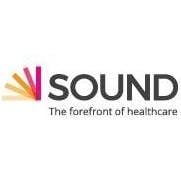
%20in%20Seattle%20Washington.png)



